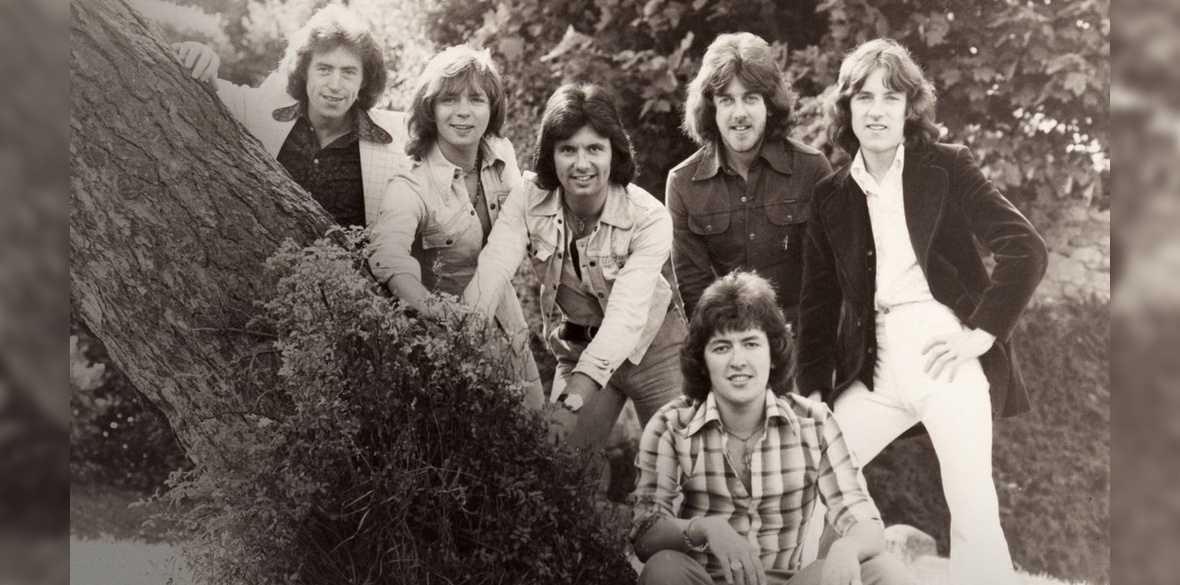This is the last article you can read this month
You can read more article this month
You can read more articles this month
Sorry your limit is up for this month
Reset on:
Please help support the Morning Star by subscribing here
IN JULY 1975 The Miami Showband, one of the most popular in the island of Ireland at the time, were travelling from a performance in County Down when their van was stopped at what appeared to be an official army checkpoint.
They did not view this as remotely surprising and felt safe, given that they’d criss-crossed the border on a regular basis and were accustomed to being stopped.
The band was told to get out of the van and stand in a line facing away. The mood appeared to be quite friendly until an officer, described as having a “posh, upper-class English accent,” arrived and took charge.
While the band were answering questions, a bomb being planted on the van exploded, killing two of the soldiers and prompting the others to open fire on the band.
The blast and shooting left three of the musicians dead and two injured survivors hiding in a ditch.
The documentary goes on to follow how survivors Stephen Travers and Des McAlea have been pursuing the truth into what happened and who was really responsible.
Travers believes that the attack was carried out by members of the notorious Glenanne Gang, an informal alliance of loyalist paramilitaries responsible for the murders of Catholics and nationalists.
Over the course of years studying the case, he believes that the British state at the highest level was involved in collusion with loyalist terror gangs.
All the men at the checkpoint had links to Ulster Volunteer Force (UVF) leader Robin “the Jackal” Jackson, whose fingerprints were found on a silencer belonging to a pistol used in the killings.
Questions are raised in the documentary as to how Jackson appeared to be able to give the correct answers to avoid arrest when he was brought in by police.
The strange case of a British officer being on the scene emerges as key and Travers becomes increasingly suspicious each time it is dismissed by the Historical Enquiries Team as a case of mistaken identity.
Witness testimony of former spooks indicate the possibility of SAS intelligence operative captain Robert Nairac being in command of the operation and present to oversee it.
One of the most heart-wrenching elements of this tragedy is to see how the showband, comprised of both Catholic and Protestant musicians and popular across the sectarian divide, were a real force for good.
A fan describes going to see them perform was “like therapy,” which helped keep people’s minds off the violence around them.
Travers has found solace in music, which helps to remind him of the optimistic and hopeful young person he was.
His sanguine parting message is that “some people are afraid of the beauty and goodness in society but music will outlast the sounds of their guns and bombs.”









